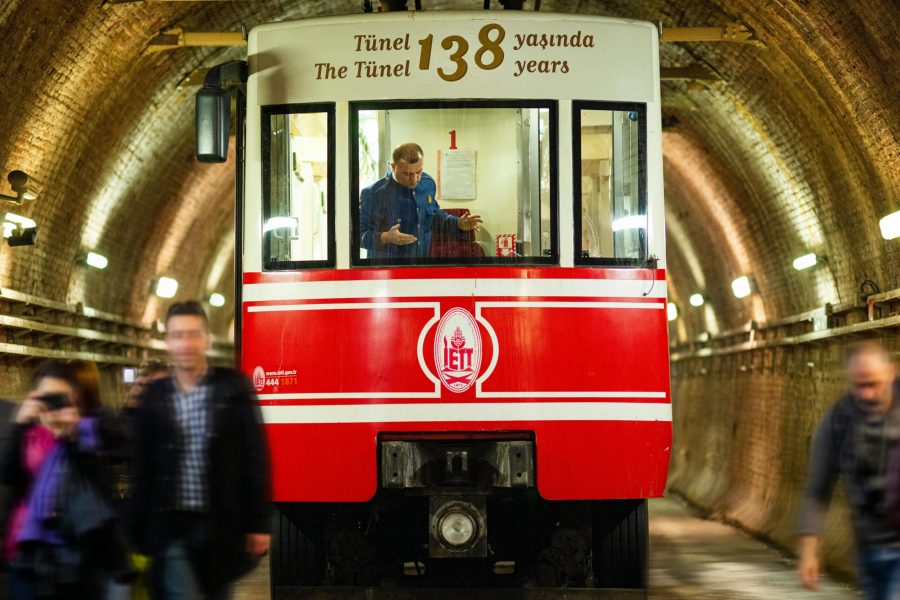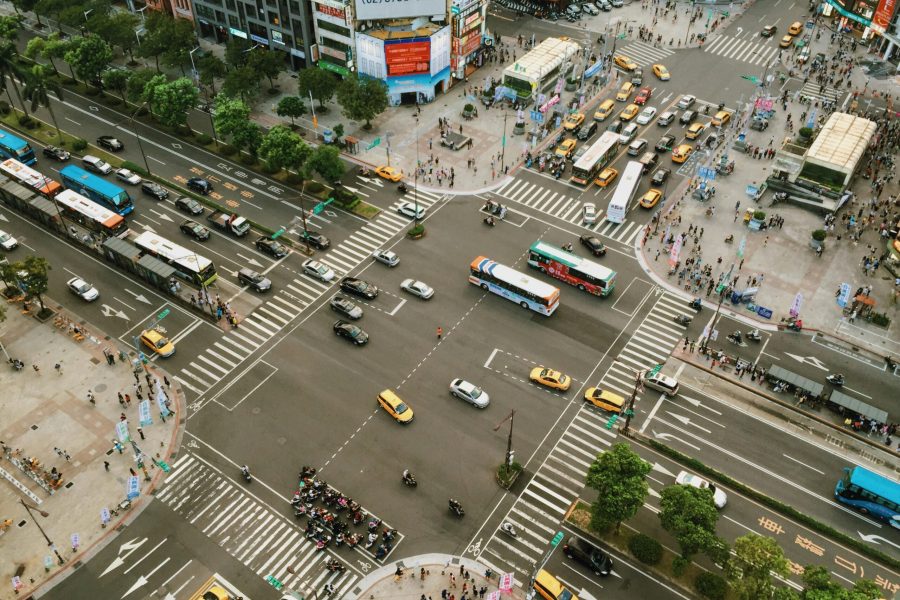ALTERNATIVE COMMUTING OPTIONS
What if Public Transport Failed?
Public transport is the backbone of urban mobility, providing an essential daily service to millions of people. However, what happens when this crucial system fails? Delays, strikes, and traffic congestion can turn a simple commute into a logistical nightmare. Let’s explore these challenges and how we can mitigate their impact.
PUBLIC TRANSPORT MISSFORTUNES
Reasons Why Employees Hate Commuting
1. Delays and Late Arrivals
It’s a familiar story for many: you’re at the train station, and an announcement comes over the PA system – your train is delayed. Whether due to technical issues, weather conditions, or operational inefficiencies, these delays can throw a wrench into your daily schedule. According to a study by the Bureau of Transportation Statistics, the average American commuter spends about 42 hours a year stuck in traffic. In cities with extensive public transport systems, delays can be just as frequent and disruptive.

2. Strikes and Industrial Actions
Transport strikes, though less common, can be particularly disruptive. They often leave thousands, if not millions, without reliable means to get to work, school, or other critical destinations. The impact of such strikes can ripple across the economy, causing significant productivity losses. For instance, a report by the European Commission found that transport strikes in Europe cost the economy approximately €1 billion per year.

3. Traffic Congestion
Even when public transport operates, it’s not immune to the effects of traffic congestion, particularly buses. Major traffic jams can lead to significant delays, making public transport less reliable. According to the INRIX Global Traffic Scorecard, in 2020, drivers in the U.S. lost an average of 26 hours due to congestion, with the figure being much higher in urban areas.

Free
Employee Transportation Policy
AN ALTERNATIVE IS A MUST
Why do you need a backup for public transport?
To understand the impact of public transport inefficiencies, it’s important not to skip what the numbers tell us:
- Time Wasted: In Europe, commuters spend significant amounts of time dealing with public transport delays. On average, a commuter in a large European city can spend up to 74 hours per year waiting for or travelling on delayed public transport (Inrix). This is not just a minor inconvenience but a substantial loss of valuable time that could be spent on more productive activities.
- Economic Cost: Traffic congestion exacerbates the problem, costing the European economy billions annually. For instance, in major European cities, the economic cost of traffic congestion amounts to approximately €110 billion per year, factoring in lost productivity and wasted fuel (Inrix).
- Public Transportation Data: Across Europe, the average delay in public transport, particularly trains, can add up to several minutes per journey. This might seem negligible per trip, but cumulatively, it results in substantial delays for frequent users.
Governments play pivotal roles
The reliability of public transportation is a growing concern for many commuters. By embracing carpooling, walking, and cycling, individuals can take control of their daily journeys, reduce stress, and contribute to a more sustainable future. Governments and cities also play a crucial role in promoting these alternatives through policy and infrastructure development. Ultimately, a diverse transportation system is essential for building resilient and thriving communities. By combining these efforts, we can create a transportation landscape that meets everyone’s needs.

Sustainable Commuting
Fastest, Painless and Seamless Solution
When public transport fails, turning to sustainable commuting options such as cycling, walking, and carpooling can offer effective alternatives. Let’s explore how each of these options can mitigate the challenges of commuting.
1. Cycling
Cycling is an excellent alternative to public transport, especially for short to medium distances. Here’s why:-
- Health Benefits: Regular cycling improves cardiovascular health, muscle strength, and mental well-being.
- Cost-Effective: Cycling incurs minimal costs compared to fuel, parking, or public transport fares.
- Environmentally Friendly: Bicycles produce zero emissions, contributing to cleaner air and reduced greenhouse gases.
- Avoids Traffic: Cyclists often bypass traffic jams using bike lanes and paths.
2. Walking
Walking is a simple yet powerful solution for those who live close to their workplace. The benefits include:-
- Health Improvements: Walking regularly can reduce the risk of chronic diseases, help maintain a healthy weight, and improve mental health.
- Zero Emissions: Like cycling, walking has no environmental impact.
- Cost Savings: Walking requires no special equipment or costs, making it an entirely free mode of transport.
- Stress Reduction: Walking can be a meditative and stress-relieving activity, helping commuters start and end their day on a positive note.
3. Carpooling
When cycling or walking isn’t feasible, carpooling with colleagues offers a practical alternative. Here’s why:-
- Reduces Commuting Stress: Sharing a ride with colleagues means you can use carpool lanes, leading to faster travel times and less time spent in traffic.
- Saves Money: Sharing a ride helps cut down on fuel costs, parking fees, and vehicle maintenance. The American Public Transportation Association reports that individuals who carpool can save an average of $2,500 annually.
- Environmental Benefits: Carpooling reduces the number of vehicles on the road, leading to lower emissions and less environmental impact. According to the U.S. Environmental Protection Agency, carpooling can reduce carbon emissions by up to 20 pounds per gallon of gasoline saved. Moreover, according to the European Environment Agency’s report on greenhouse gas emissions, transportation accounted for approximately 30% of the EU’s total GHG emissions in 2022. This underscores the severity of the issue.
- Builds Camaraderie: Sharing a ride with colleagues can foster stronger relationships and teamwork, providing an opportunity for informal discussions and team bonding outside the traditional office environment.
- Increased Flexibility: Carpooling offers more flexibility compared to public transport schedules. You can coordinate with your colleagues to set departure times that suit everyone, reducing the likelihood of being late due to unexpected delays.

Choose A Better Way
When public transport fails, it can disrupt our routines and create significant stress and economic loss. Carpooling with colleagues offers a practical, cost-effective, and environmentally friendly solution. By coordinating rides with your coworkers, you can navigate the challenges of commuting more smoothly and enjoy the added benefits of reduced costs, lower stress, and stronger workplace relationships. So next time your bus or train is running late, consider the benefits of carpooling – it might just be the perfect solution to your commuting woes.
To maximise the benefits of these alternative modes of transportation, it’s essential to consider personal preferences and local conditions. Factors such as distance, weather, and terrain will influence the best choice for each individual. By exploring different options and finding the right combination, commuters can create a personalised transportation plan that improves their quality of life and reduces their environmental impact.
To see how you can provide public transport alternatives to your employees but also create a commuting carbon reduction plan, we invite you to explore KINTO Join: the sustainable commute platform.
